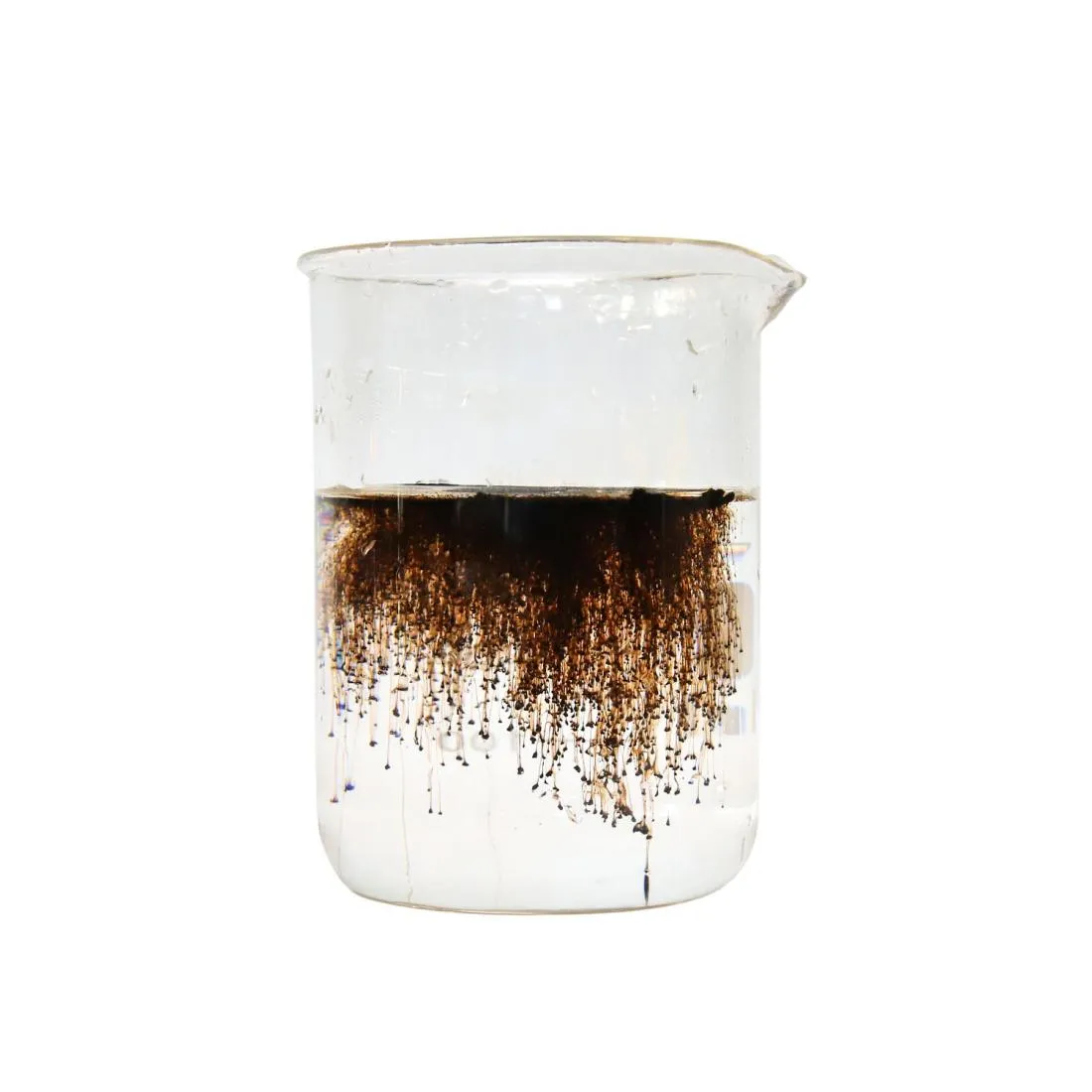
Oct . 16, 2024 08:22 Back to list
Benefits of Using Slow Release NPK Fertilizer for Optimized Plant Growth
Understanding Slow-Release NPK Fertilizer Benefits and Applications
In the world of agriculture and horticulture, the need for effective and efficient fertilization methods has become increasingly important. One of the most popular solutions is slow-release NPK fertilizer, which is designed to provide plants with a controlled supply of essential nutrients over an extended period. This article delves into what slow-release NPK fertilizer is, its benefits, and how it can be effectively applied in various gardening and farming contexts.
What is NPK Fertilizer?
NPK fertilizer is a type of fertilizer that contains three essential nutrients nitrogen (N), phosphorus (P), and potassium (K). Each of these nutrients plays a crucial role in plant growth
- Nitrogen is vital for leaf development and overall growth. It is a key component of chlorophyll, which plants use in photosynthesis. - Phosphorus supports root development, flowering, and fruiting. It plays a critical role in energy transfer within the plant. - Potassium is necessary for overall plant health and aids in various physiological processes, including water regulation and disease resistance.
While traditional NPK fertilizers can deliver these nutrients quickly, they often lead to nutrient leaching and can contribute to environmental concerns. This is where slow-release NPK fertilizers come into play.
What is Slow-Release NPK Fertilizer?
Slow-release NPK fertilizers are formulated to release nutrients gradually over time. This slow release is achieved through various methods, including encapsulation of nutrients in a polymer coating or using natural materials such as resin. Unlike conventional fertilizers, which provide a burst of nutrients immediately after application, slow-release fertilizers maintain a steady supply of nutrients that aligns with the plants' growth cycles.
Benefits of Slow-Release NPK Fertilizer
1. Reduced Leaching and Waste Because nutrients are released over an extended period, there is less risk of leaching, which occurs when excess nutrients wash away into water sources. This feature not only conserves nutrients but also minimizes the risk of environmental pollution.
slow release npk fertilizer

2. Enhanced Nutrient Uptake By matching nutrient release with plant demand, slow-release fertilizers allow for better nutrient absorption. Plants benefit from a consistent supply of nutrients, promoting healthier growth and development.
3. Convenience and Labor Savings Slow-release fertilizers require fewer applications compared to traditional fertilizers. This characteristic saves time and labor for gardeners and farmers, making it a convenient option for modern agricultural practices.
4. Reduced Risk of Fertilizer Burn Because they release nutrients gradually, slow-release fertilizers can minimize the risk of fertilizer burn, which occurs when high concentrations of nutrients damage plant roots.
5. Longer Lasting Effects These fertilizers often provide effects over several months, which can coincide with the growing season, ensuring that plants receive necessary nutrients when they need them the most.
Applications in Gardening and Farming
Slow-release NPK fertilizers can be utilized in a variety of settings, from home gardens to large-scale farms. In gardens, they are ideal for flowering plants, vegetables, and shrubs, ensuring that plants receive nutrients throughout their growing cycle. For farmers, slow-release fertilizers can be applied during planting to provide a steady nutrient supply, leading to improved yields.
When applying slow-release NPK fertilizers, it is essential to follow the manufacturer’s guidelines for application rates and timing. Factors such as soil type, climate, and plant species can influence nutrient requirements, so it's crucial to tailor applications accordingly.
Conclusion
Slow-release NPK fertilizers offer a sustainable and effective alternative to conventional fertilization methods. By providing key nutrients in a controlled manner, they support healthy plant growth while minimizing environmental impacts. As interest in sustainable farming practices continues to grow, slow-release NPK fertilizers will undoubtedly play an important role in promoting healthier crops and gardens worldwide. The adoption of these fertilizers can not only improve plant health and productivity but also contribute to a more sustainable agricultural future.
-
Premium Organic Manure Compost for Eco Gardens
NewsAug.01,2025
-
Organic 10-10-10 Fertilizer | Balanced Plant Nutrients
NewsJul.31,2025
-
Premium Amino Acid Fertilizer | Rapid Plant Growth Booster
NewsJul.31,2025
-
10 10 10 Fertilizer Organic—Balanced NPK for All Plants
NewsJul.30,2025
-
Premium 10 10 10 Fertilizer Organic for Balanced Plant Growth
NewsJul.29,2025
-
Premium 10 10 10 Fertilizer Organic for Balanced Plant Growth
NewsJul.29,2025
